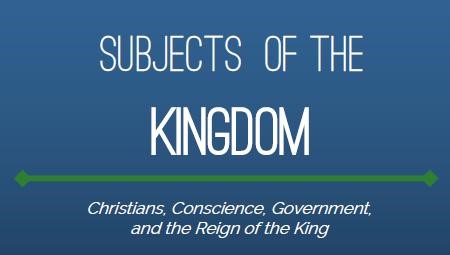Believers throw up their hands (sometimes physically) and say it’s their duty.
Ministers, preachers, pastors, and priests encourage it.
I deny that it is incumbent on any Christian believer.
Some time ago, a blog acquaintance posted this in her series of post-it-note-type expressions to and from God:

I always take this particular writer’s expressions as genuine and heartfelt. I take pretty much every other believer’s similar expressions about elections and politics the same way. For various reasons and with varying degrees of fear—and these do vary!—many of us are watchful and concerned. However, I am compelled to wonder aloud. . . .
Do we think God is scrutinizing our “prayer lists” (as though a prayer list were a biblical notion in the first place) to see whether we are praying for the U.S. election? Does God think more of us if we pray for election results (and less of us if we don’t)?
Most (vocal) Christian leaders seem to think that being involved in elections and praying for them is a requirement for all right-thinking believers. Why are assumptions such as these so common? (I intended that to be a targeted, conscientious question.)
Two weeks from this very night, my nation will be well into the process of reporting election poll results. And many will be worrying, no matter which way the results are heading. Frankly, I’ll be thinking about it all, too, but I’ve been more worried about Christians than about donkeys and elephants during the last year (and it’s the same in every election cycle).
This election seems to have generated more vitriol than most. Sincere people pray for one result, and other sincere people (serious believer or not), for another. And I ask . . .
What is the reason that underlies the praying?
One recent Sunday morning, I heard a spoken prayer—one of probably 18,468 prayers that very day—that God would “raise up godly leaders.” I don’t question the good heart of the person praying, but I do question the underlying assumption—namely, that God “needs” “godly leaders” (however those things are conceived of) in public office in order to work out His purposes.
What is the reason for the seemingly intense, recurring desire for God to raise up someone who shares someone’s particular slant on Christian-ish beliefs?
I suspect that one prevalent reason to pray for the ascent of “godly leaders,” or for an election’s outcome, is that folks are too locked into this world. (I do not advocate an unhealthy distance from this world, but I think most of us would be well reminded to think more like a pilgrim traveling peacefully through a foreign land.) Too, some seem to feel that the U.S. was, or is supposed to be, “Christian.” That, simply put, has never been and will never be the case.
I call myself—and you—not to a set of denominational doctrines but to a growing consciousness that the Lord’s kingdom is not of this world. If it were, Jesus said near the end of His physical life, then His servants would be fighting the impending arrest and crucifixion. He did not want them to struggle against that.
God’s reign (Kingdom) is quite distinct from any nation’s politics, and that has been the case since the end of theocratic Israel nearly two millennia ago. This realization can be freeing—and compelling.
Subjects of the Kingdom: Christians, Conscience, Government, and the Reign of the King
[Discount available—see the bottom of this page.]

 In 1Sam 15, King Saul is instructed to destroy the Amalekites, including women and children, utterly. In no one’s thinking today could that attack be characterized as “just.” The rationale is probably not ours to figure out. That aside, this otherwise capable teacher found himself saying that “as Christians, we could never do something like that, but that there are times that we have to do things like that for our country” (and by the way, “we ought to be grateful that people do things like that for our country”).
In 1Sam 15, King Saul is instructed to destroy the Amalekites, including women and children, utterly. In no one’s thinking today could that attack be characterized as “just.” The rationale is probably not ours to figure out. That aside, this otherwise capable teacher found himself saying that “as Christians, we could never do something like that, but that there are times that we have to do things like that for our country” (and by the way, “we ought to be grateful that people do things like that for our country”).